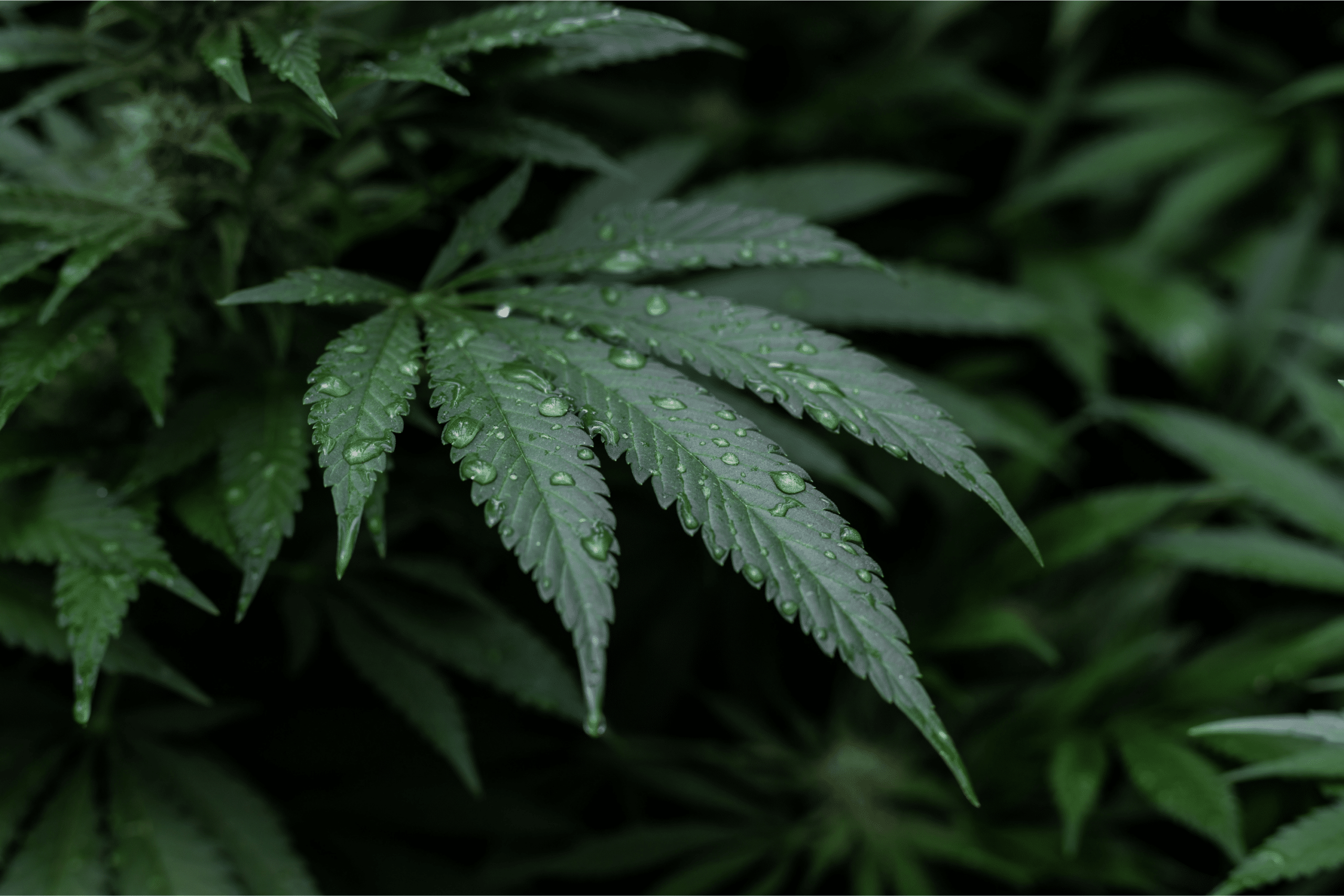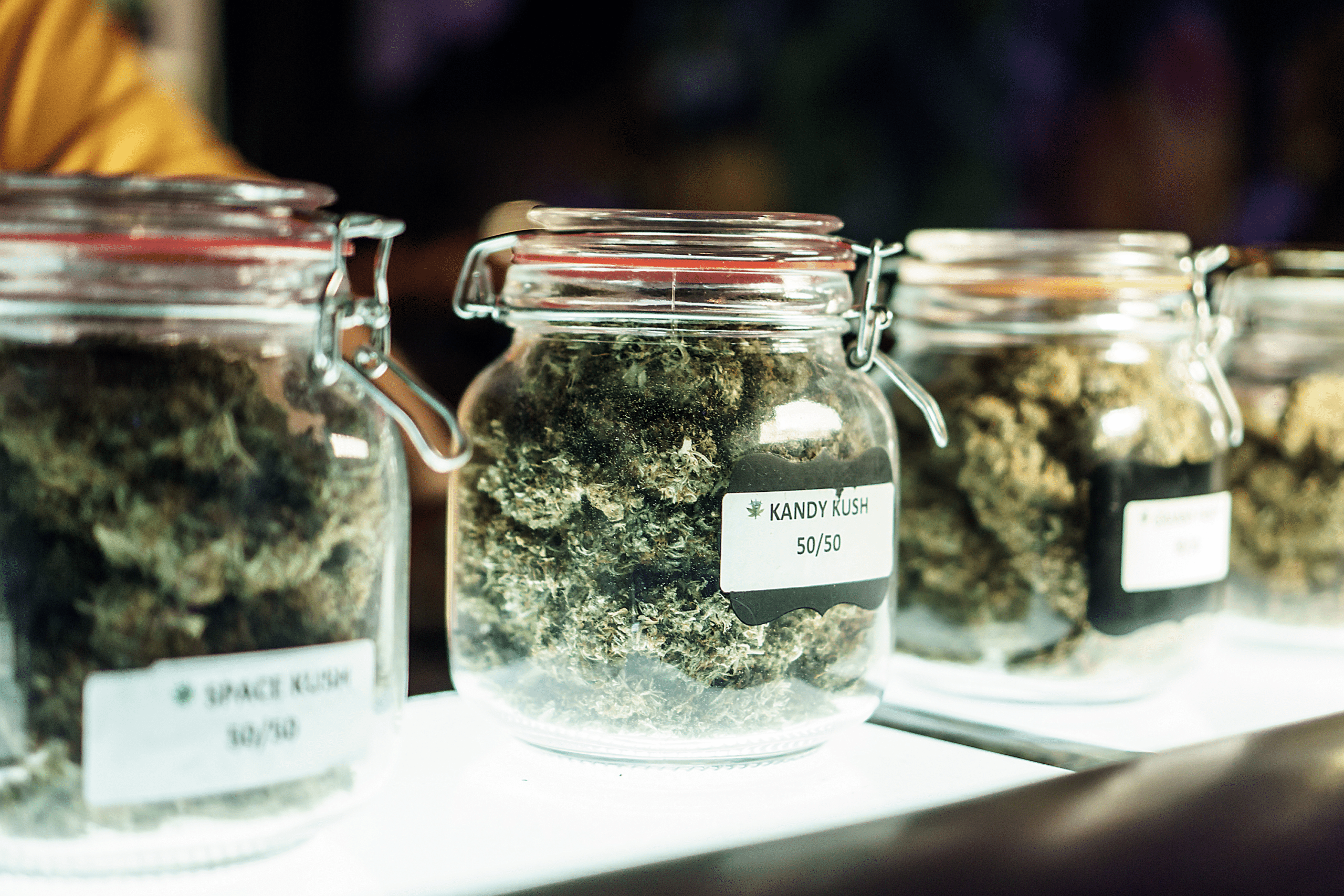In recent years, the landscape of marijuana laws in the United States has undergone significant changes, with many states legalizing the use of cannabis for medical and recreational purposes. However, despite these shifts in legislation, the cultivation of marijuana remains a highly regulated and often contentious issue. In Minnesota, the cultivation of marijuana, commonly referred to as “grow ops,” is subject to strict regulations and penalties. This blog aims to provide a comprehensive overview of Minnesota’s “grow op” laws, including the legalities surrounding medical marijuana cultivation, potential defenses against accusations of illegal grow operations, and the importance of seeking legal representation in such cases.
Understanding Minnesota’s Marijuana Laws:
Minnesota has taken a cautious approach to marijuana legalization, allowing for limited medical use but maintaining strict regulations on cultivation and distribution. Under Minnesota law, marijuana is classified as a Schedule I controlled substance, meaning it is considered to have a high potential for abuse and no accepted medical use. However, the state does allow for the medical use of cannabis under certain conditions.
Medical Marijuana Cultivation:
In Minnesota, the cultivation of marijuana for medical purposes is strictly regulated and limited to registered patients and designated caregivers. The state’s medical marijuana program allows qualifying patients with debilitating medical conditions to obtain cannabis for therapeutic use. Registered patients are permitted to possess a limited supply of marijuana for medical use, but they are not authorized to cultivate cannabis plants themselves. Instead, licensed manufacturers and dispensaries are responsible for producing and distributing medical marijuana products to registered patients.
Illegal Cultivation and “Grow Ops”:
Despite the state’s medical marijuana program, the unauthorized cultivation of marijuana remains illegal in Minnesota. Individuals who engage in the cultivation of cannabis plants without proper authorization from the state may face serious criminal charges, including felony offenses. Law enforcement agencies actively investigate and prosecute illegal grow operations, commonly referred to as “grow ops,” which involve the cultivation of marijuana plants for non-medical purposes.
Defenses Against Accusations of Illegal Grow Operations:
Individuals accused of operating illegal grow operations in Minnesota may have various defense strategies available to challenge the charges against them. Some potential defenses include:
- Lack of Intent: The defendant may argue that they did not have the intent to cultivate marijuana for non-medical purposes. This defense may be applicable if the defendant can demonstrate that they were unaware of the illegal nature of the grow operation or believed they were acting within the boundaries of the law.
- Fourth Amendment Violations: Defendants may challenge the legality of the search and seizure conducted by law enforcement officers. If the evidence obtained through an illegal search or seizure is deemed inadmissible in court, it can significantly weaken the prosecution’s case.
- Medical Necessity: In some cases, defendants may assert a defense of medical necessity, arguing that their cultivation of marijuana was essential to alleviate a serious medical condition. While this defense may not absolve the defendant of criminal liability, it can potentially mitigate the severity of the charges or sentencing.
- Entrapment: Defendants may claim that law enforcement officers engaged in entrapment by inducing them to commit the offense of cultivating marijuana. Entrapment occurs when law enforcement agents coerce or induce individuals into committing a crime they would not have otherwise committed.
- Lack of Evidence: Defendants may challenge the prosecution’s evidence, arguing that there is insufficient proof to establish guilt beyond a reasonable doubt. This defense strategy involves scrutinizing the evidence presented by the prosecution and highlighting any inconsistencies or weaknesses in their case.
- Compliance with State Laws: Defendants may argue that they were in compliance with state laws regarding marijuana cultivation, such as possessing a valid medical marijuana registration or operating within the parameters of state regulations. Demonstrating compliance with state laws can strengthen the defendant’s case and cast doubt on the validity of the charges.
Importance of Legal Representation:
Navigating allegations of illegal grow operations in Minnesota requires experienced legal representation. An experienced criminal defense lawyer can assess the specific circumstances of the case, identify potential defense strategies, and advocate vigorously on behalf of the defendant. Additionally, legal counsel can help protect the defendant’s rights throughout the legal process and work towards achieving the best possible outcome in the case.
Grow Op Law Details:
Minnesota’s “grow op” laws impose strict regulations on the cultivation of marijuana, with severe penalties for individuals found to be operating illegal grow operations. Understanding the legalities surrounding medical marijuana cultivation, potential defenses against accusations of illegal grow operations, and the importance of seeking legal representation are crucial for individuals facing such allegations. By consulting with an experienced criminal defense lawyer, individuals can protect their rights and work towards a favorable resolution in their case.
About the Author:
Christopher Keyser is an AV-Preeminent rated criminal and DWI defense attorney based in Minneapolis who is known for fighting aggressively for his clients and utilizing innovative tactics to get the most positive results. He has been featured in numerous media outlets due to the breadth and depth of his knowledge and has been named a Certified Specialist in Criminal Law by the Minnesota Bar Association. Mr. Keyser is Lead Counsel rated, and he has received recognition for his criminal law work from Avvo, Expertise, and Super Lawyers.








